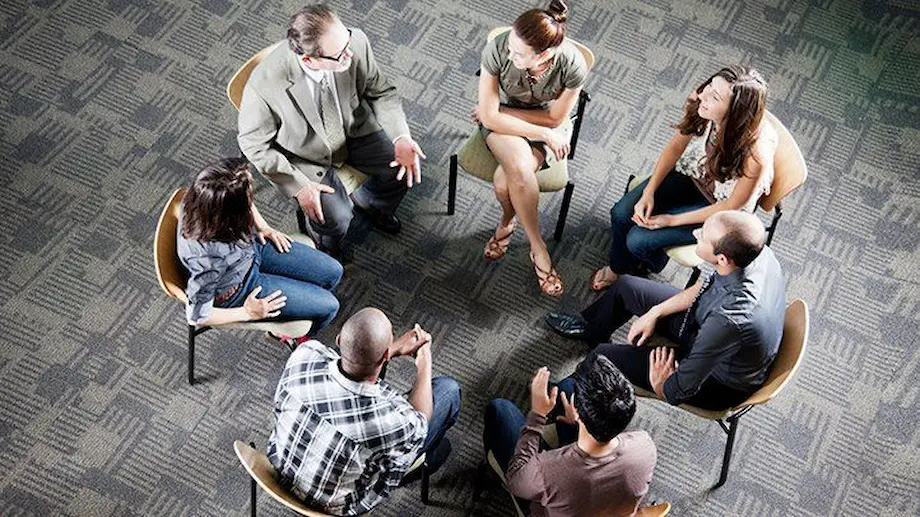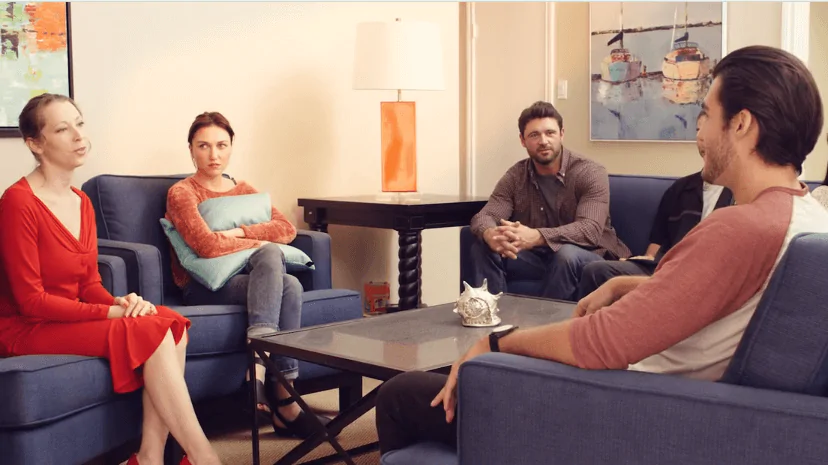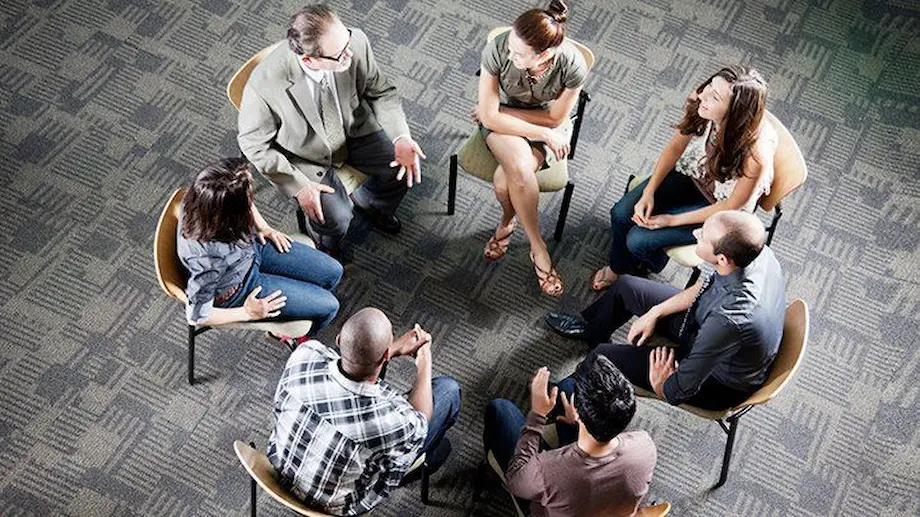24/7 Helpline:
(866) 899-111424/7 Helpline:
(866) 899-1114
Learn more about Bipolar Disorder Treatment centers in Big Rapids

Ten16 Recovery Network
Ten16 Recovery Network has a proud history of providing services to people impacted by substance use...

Community Mental Health Services
Community Mental Health Services is a public rehab located in Big Rapids, Michigan. Community Mental...

Nova Counseling Associates
Nova Counseling Associates is a private rehab located in Big Rapids, Michigan. Nova Counseling Assoc...































































































































Other Insurance Options

AllWell

Optima

Health Choice

EmblemHealth

CareFirst

Medical Mutual of Ohio

Coventry Health Care

Amerigroup

ComPsych

Molina Healthcare

UMR

UnitedHealth Group

Premera

Humana

Kaiser Permanente

American Behavioral

WellCare Health Plans

Absolute Total Care

GEHA

Meritain